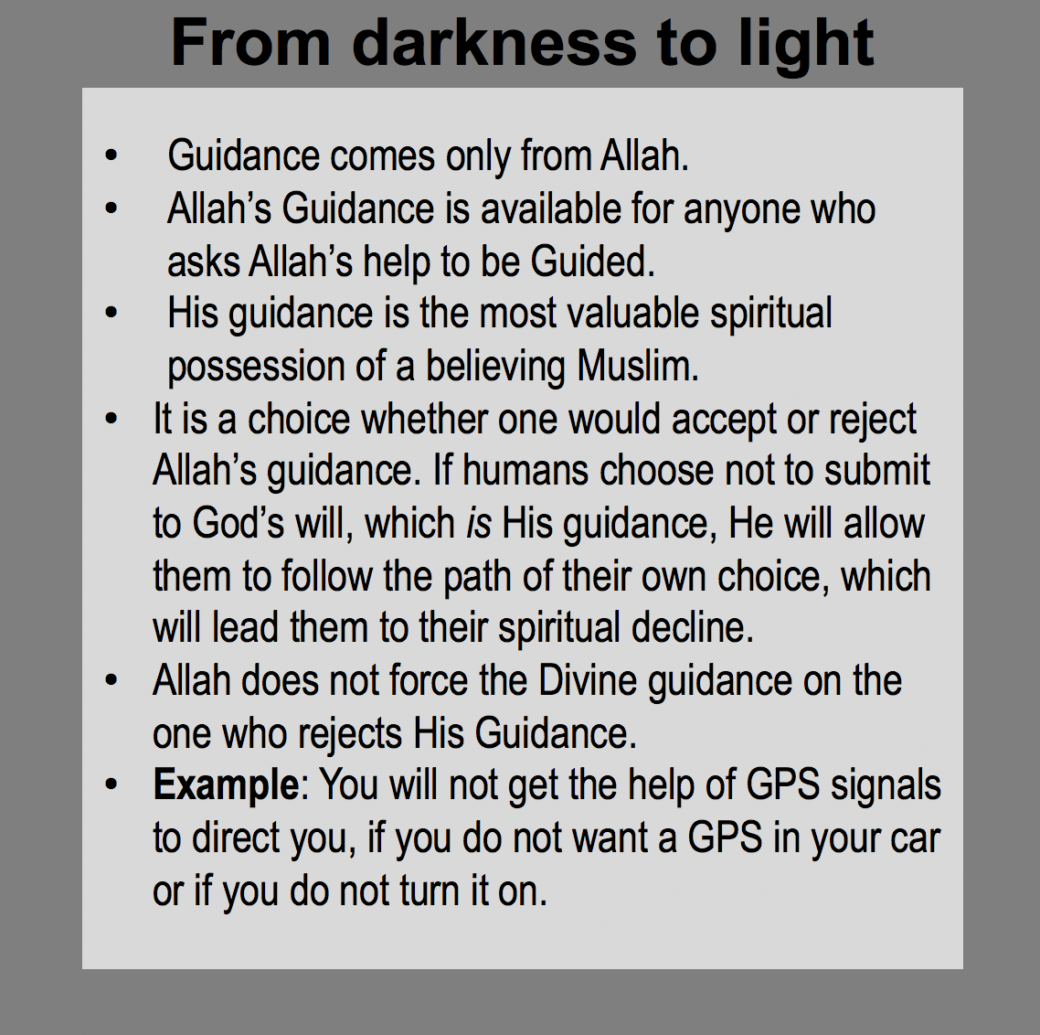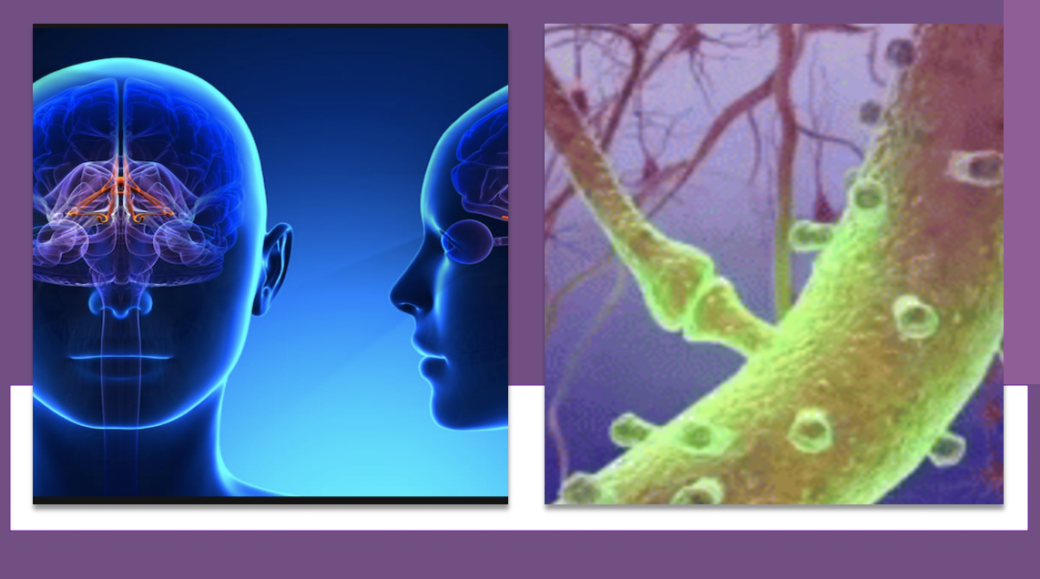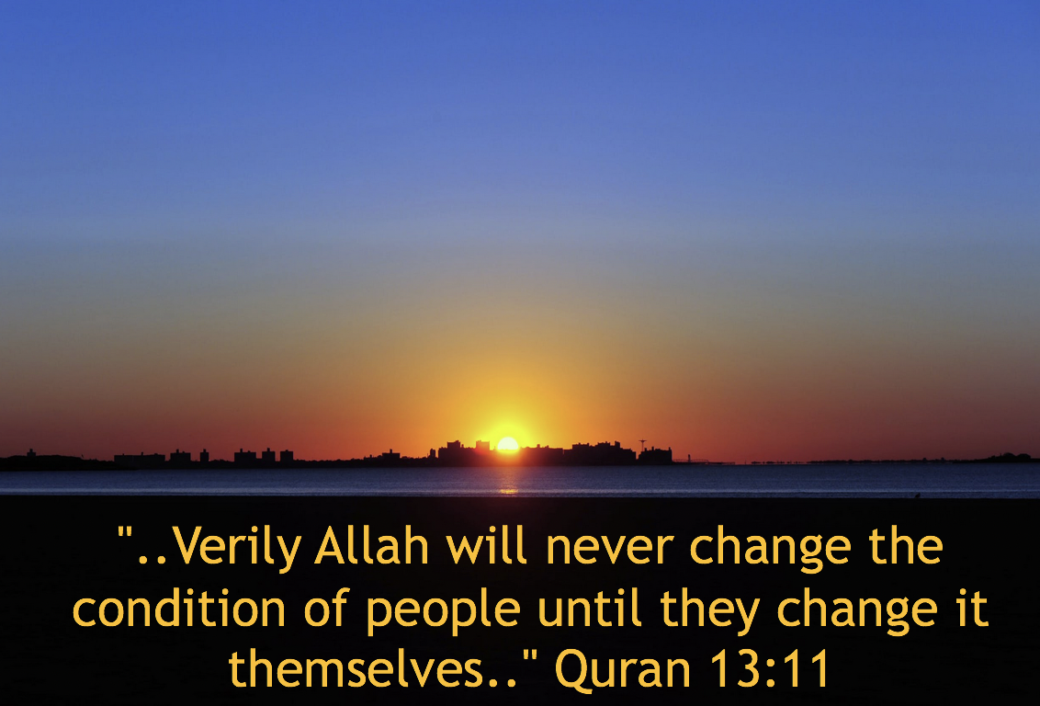
What is straight path?
A straight path symbolizes the simplest, fairest, and smartest way leading to a destination. The straight path (Siratul Mustaqim in Quranic Arabic) is not an inert concept in Islam. Following the straight path involves proactive efforts leading to a truthful life in the love of God, living in peace, fostering humility, practicing compassion, protecting the oppressed, and promoting justice for all. To a Muslim, the fulfillment of these objectives is among some of the higher purposes of human life. To stay on the straight path of moral virtues, humans have to use their Intelligence, make their choices with knowledge and wisdom, and use the Gift of Divine guidance.
Why do we need Divine guidance?
There are many paths and opinions in the world. Not all of them can be the smartest at the same time. God did not leave humans helpless in the jungle of conflicting and contradicting opinions. God gifted humans with the Divine revelations defining their purpose in this life and with a gold standard of behavior. Muslims believe that humans are given intelligence, free will to choose, and Divine directives to untangle themselves from their environmental biases and identify the straight path.
Fitrah, the natural predisposition
Natural predisposition to goodness is the foundation of human morality. Allah created humans with innate goodness and an understanding of evil (The Quran 91:7-10). He also endowed human souls with an awareness of the Divine (The Quran7:172). The Quran describes the innate spiritual status as the “natural predisposition” (Fithrah) of human souls. The Fitrah makes the inner moral compass for humans to discern right and wrong.
Studies suggest that children have a natural inclination to believe in a Creator. In the Quran, Allah urges humans to align their actions to the primordial nature of goodness and nurture that goodness throughout their life. Allah warns humankind against polluting or altering the natural leaning given to them by God.

“The Quran (91:7)- And [by] the soul and He who proportioned it; (91:8)-And its enlightenment as to what is wrong for it, and (what is) right for it; (91:9)-He has succeeded who purifies it; (91:10)-And he fails who corrupts it;
“ *The Quran (30:30) “Orient your face towards the true religion in an upright manner, in the primordial nature from God, upon which He created humanity. Let there be no alteration in the creation of God. That is the upright religion; however, most people do not realize it.”
* Studies suggest that children have a natural inclination to believe in a Creator. Please follow the link for more on this: https://evolutionnews.org/2014/08/more_studies_sh/
Please follow the link for the article on human innate goodness: “Life Is a Journey Not a Destination” https://qpeace.net/?p=1716
Who delivers the Divine guidance?
Prophets are the human beings chosen by God who bear the messages from Him with Divine guidance for humanity. God sent numerous prophets over time to various communities around the world. The prophets invite people to guidance by following God’s revelations. God granted free will to humans to choose to believe Him and follow His revealed messages. Those who accept the invitation are called Muslims.
A question that haunts many people: If there is One God, why are so many religions claiming to be from true God? Please click here for the Islamic perspective on this: https://qpeace.net/?p=937)
Who does not get Allah’s Guidance?

”The Quran 2: 264 “…..God does not guide the disbelievers.”
“The Quran 2: 26 “….And He does not mislead except those who are defiantly disobedient.”
As scientific studies suggest, the repetition of any behavior brings changes in brain cells’ anatomy and functionality, making that action a behavior pattern. Repeated acts of decency and compassion will facilitate future decency and compassionate behavior. Frequent acts of cruelty and injustice will convert someone to a habitually cruel, and unjust person. As someone progresses deeper in the abyss of their own depravity, they will lose more and more of their spiritual clarity to discern right and wrong.
How does our own behavior affect our guidance?
We all have unconscious and subconscious impulses, including anger, greed, selfishness, deception, and ego. When we lose our inhibitory controls on our subconscious negative impulses, we can act out accordingly and develop a negative behavior pattern.
Examples
Liars know that lying and deceiving people is wrong. Small lies and deceptions repeatedly practiced over and over again can turn the offender into a habitual liar and a fraud. The moral distinction between truth and falsehood becomes blurry to them over time.
A killer knows that killing is immoral. The killer may suffer from guilty-feeling after an initial crime. With repeated killings, the killer can kill without remorse. Killings become very natural to him.
Unjust rulers find their injustice and atrocities to be morally acceptable to themselves. If critiques point out their corruption and flaws, they are unlikely to listen to them or stop their injustice. They would not just ignore criticism; they would also demonize the critiques or even prosecute them.
The following verse has been in focus as the verse implies that Allah has sealed certain people’s understanding of good and bad.
“Quran 2: 6-7: “…As for those who disbelieve, it makes no difference whether you warn them or not; they will not believe. God has sealed their hearts and their ears, and their eyes are covered. They will have great torment..”
The question comes naturally: why shall the serious offenders be blamed for the crime they committed if God has closed the doors of understanding for them? To answer this question, we need to visit the phenomenon called neuroplasticity of the brain cells.
How our behavior shapes our brain

Our life experiences, behavior, repetitive actions, stress, brain trauma, and stroke can sculpt our brain due to this property of our nerve cells. With the modern scientific understanding of our brain, we know that our own behavior can affect our brain cells, both in its anatomy and its function, positively or negatively. This ability of brain cells to modify is called Neuroplasticity.
What is neuroplasticity?
Every moment of our lives, with anything we do and experience, we are shaping our brain. Though many of these changes happen at an early age, changes continue to happen over all our life. We can shape it nicely, or we can mess it up. This is possible due to Neuroplasticity, a special property of our brain cells, to re-organize the synaptic networks. The process involves individual nerve cells making new links and the brain cells rewriting instructions, reshaping the reality. When we engage in a behavior, our brain becomes more competent in practicing that habit. The changes we cause to our brain cells continue to mold our future behavior.
Consequently, Neuroplasticity creates a cycle of events, where our behavior shapes our brain, and our brain literally shapes our life!! It can be proven either good or bad for us, depending on the type of behavior pattern we etch on our brain cells. To reverse those changes, we have to re-train our brain with alternative actions.
The Quran, the great reminder
As can be seen, the Quran provides repeated reminders to its readers to develop humility, to control anger, and being just, among many other recommendations. Neuroplasticity of the brain cells was not known to the people when the Quran was revealed. God is the creator of our brain, has created the cause and effect relationship between our brain cells and our actions and behavior.
Consequently, humans can positively influence their brain cell’s by their positive moral standing and actions. In turn, those positive changes will help them to lead themselves on a path of goodness. On the contrary, humans can cause negative changes to their brain cells by their immoral behavior and actions, which can lead them to further immorality.
This is God’s created cause and effect. Questioning the phenomenon is comparable to putting someone’s finger to the fire and asking why God is making the finger burn.
”The Quran 20: 123-124 “… all those who follow My guidance will not go astray and will not regret it. But if anyone turns away from My reminder, his life will be a miserable one …”
Further reading on neuroplasticity, in simple and reader-friendly language: https://thebestbrainpossible.com/your-life-shapes-your-brain/
https://thebestbrainpossible.com/the-neuroscience-of-changing-your-behavior/
How do we get benefit from submission to God?
Willingness to comply with God’s entrusted purposes in life can be termed as submission to God’s Will. In fact, submission to God in Islam is indoctrination, where ideas of honesty, humility, compassion, altruism, and justice are emphasized. Emphasis on these lofty ideas is intended to put cruelty, anger, arrogance, greed, and other negative impulses under tight control. The more we practice these civilities, the easier it becomes for us to develop self-control. That is how Divine guidance works with submitting believers.
“The Quran 47:15 “…God has increased the guidance of those who consent to be guided and given them their righteousness.

The ultimate freedom in submission
By the same token, by submitting to God, one can turn inwards to the Most Merciful, the Creator of the universe, at the times of need, at the times of ease, or at any time for comfort or for expressing gratitude. Likewise, believers process their emotional difficulties by offloading their sorrow and gloom to God’s compassionate care.
When all doors remain closed, all lights disappear, and all paths end, humans find refuge and comfort with their Creator with the prayer, “Take us to the right path…” (The Quran 1:6). As a matter of fact, they enjoy a feeling of freedom and calmness in all their life affairs by submitting to the most powerful. This is a spiritual blessing from God to the believing Muslims (Arabic for one who submits in peace).

“The Quran 6:125: “When God wishes to guide someone, He opens his heart to submission to Him [Islam]; and those who He wants to leave straying, He makes his breast tight and constricts as though he were climbing into the sky. Thus does Allah place defilement upon those who do not believe…”
God’s guidance is the most valuable spiritual possession of a believing Muslim. Being the primary vehicle of God’s Guidance, the Quran helps humans develop a human community where ideas of love, humility, compassion, and justice bring people together to live in peace. This is a self-enriching purpose of life that humans have to strive for as God’s representatives to the earth.
Fitrah, the DNA of human spirituality
Our DNA follows the instructions programmed by its Maker. Our cellular physiology and anatomical structures are thus submitted to their Maker’s will. Each cell is programmed to perform certain objectives. Any changes in the DNA can create physical and psychological disabilities.
Accepting One God’s reality, willingness to submit to His will is an inherent predisposition of the human soul. As we have cited, studies have shown that children are born with the instinct of believing God. This is a natural religion (deen ul fire) God has engraved to human minds (Quran 30:30). This is the DNA equivalent of human spirituality. Humans are to nurture these qualities for the rest of their life.
Misguided believers
A shiny piece of Iron loses it’s luster when it gets rusted from exposure to oxygen and moisture for a while. Rust is brittle, and it lacks strength. Similarly, an upright moral person can turn immoral and evil with the repeated social exposure and influence of an unscrupulous environment.
The ability to live honestly in many Muslim countries has constantly been challenged. Muslims are acutely aware of their religious commitment to be the best of the nations, encouraging others to goodness and discouraging the bad. Despite their realization, they find that living a corruption-free life in a corruption-infested culture erodes their own personal honesty; defending their own morality from being corrupted becomes more and more of a challenging job.
What absent in this picture is the motivation and mutual efforts in individual and societal levels, which is needed to come out of the corrupted habits. Certainly, our greed for power and love for wealth contributes to this morality crisis. The line between right and wrong has been blurred to our cognition because of our own wrongdoings.
How to change the hard to break habits
Though changing our behavior can be challenging, our behavior patterns are not static. We can always develop new connections in our brain circuit and change our behavior patterns. Though God, with His eternal wisdom and infinite power, can intervene in the process any time He wills, He intends human motivation, efforts, and prayer for God’s help to break the cycle. If we put our efforts into developing ourselves with good values and motivation, we can change the hard to break habits.
Rehabilitation rewrites the brain
Rehabilitation from alcohol, gambling, or drugs involves encouraging individuals to practice healthy behavior options. Rehabilitation programs ultimately re-write the brain and replace bad habits with good ones. It takes 3-4 weeks for the brain to recover from a bad habit with self-motivation and practice. Fasting for 4 weeks gives a believer the time he needs to recover from many of the bad habits humans have. The intention and motivation of the individual are vital to be able to come out of a habit.

In fact, humans are never lost ship. They are assured that the Creator is very near to them (The Quran 50:13). It is important to realize that God’s ordained anatomical and functional changes in the brain cells will continue to happen, as we will influence those changes by our own morality and good behavior or lack thereof. Consequently, our conscious effort to practice what is right and resolve to avoid what is wrong will determine our affairs.

Allah Knows The Best

Be the first to comment